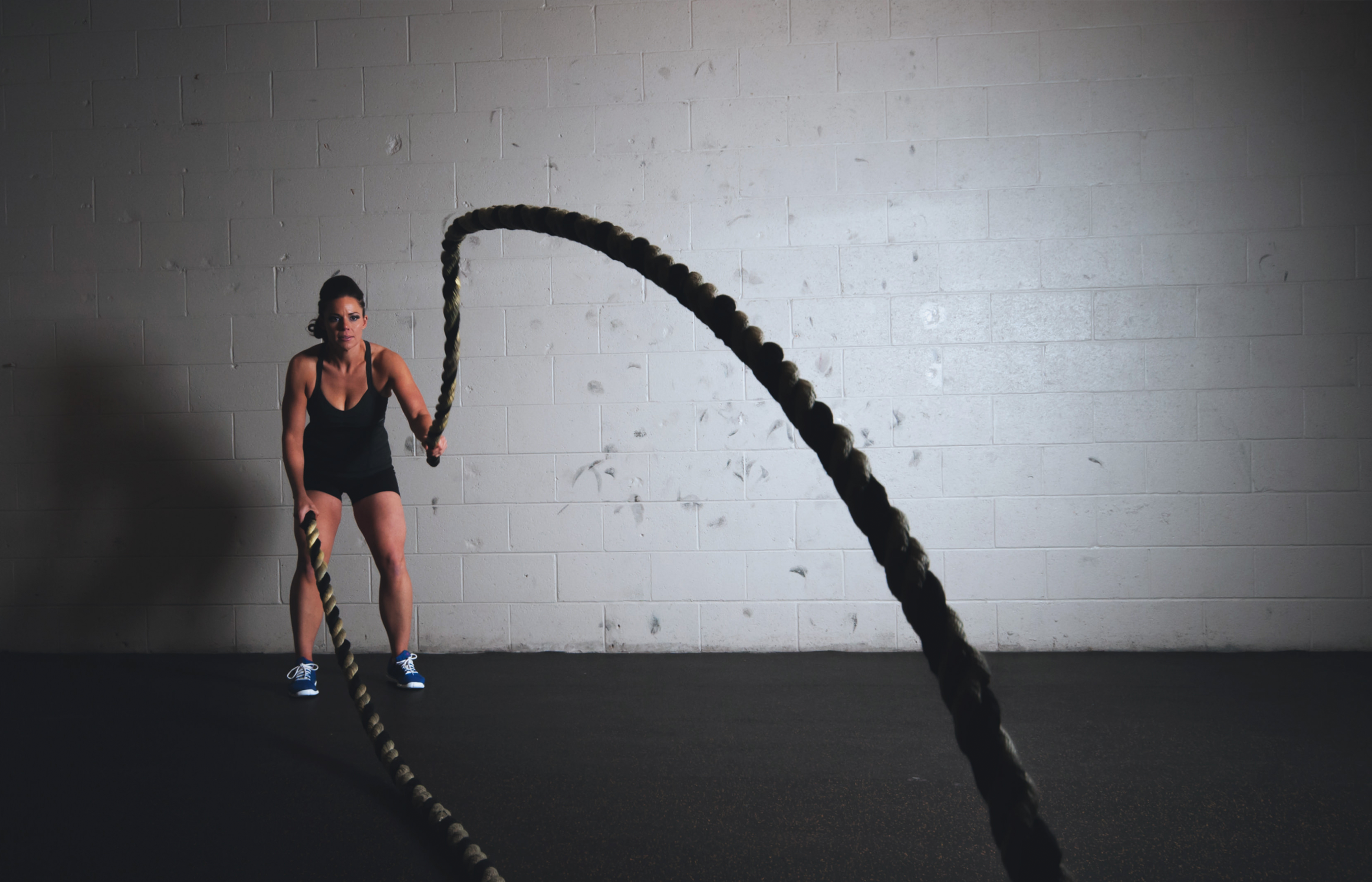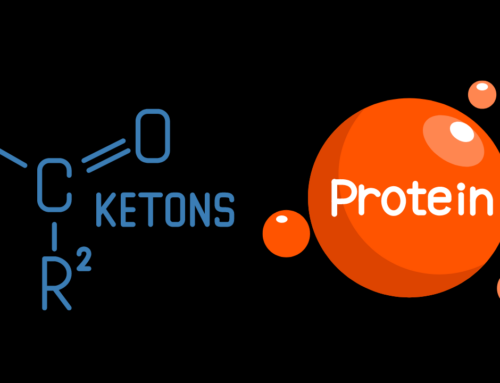This is a question I get time and time again, and for good reason.
Everyone (I can put my hand down now too), is looking for a way to add more lean muscle without getting fat in the process!
A common answer to this process is a low carbohydrate diet, but is that the best way to go?
My Story
Many years ago, in a galaxy far away (ok, it was Duluth MN when I first started college around 1994, but it seems like a long time ago), I was quite skinny.

Not me, but pretty close circa 1994
Yep, all 6’3” of me weighing in at a whole 156 lbs after pizza night in the local campus cafeteria.
Unfortunately I was not one of those super lean thin kids at the time either, as I still had quite a bit of fat around my mid section. No abs to be seen at all, other than one large one that looked more like a spare tire.
Once I decide that enough was enough, I hit the weight room and began a quest to add some lean muscle. I would love to tell you that just a year later I had it all figured out and I was leaner and well over 200 lbs, but that would be a complete lie. Eventually I did much better and went on to add about 60 lbs of lean mass, but there were several mistakes along the way.
My Biggest Mistake
For the first several years I did get stronger, but in my quest for more lean muscle, I was scared to death of adding in more carbohydrates. I probably read a bit too many crazy magazines (the internet was not quite a common then, remember, this is many years ago) that said carbs would make me fat!
Funny how everything goes in cycles, as low carb diets would become more popular in the mass media several years later.
Fast forward to today where I get this question from many people who were in the same position I was years ago as they look to add some lean muscle, but don’t want to add tons of fat in the process.

Ketogenic Diets For Lean Muscle?
Excluding drugs, I just don’t see many people that can put on muscular size using a ketogenic diet. A ketogenic diet is one that is very very low in carbs (around 25 to 50 grams for the entire day). Even on a lower carb diet of around 100 to 150 grams of carbs per day does not appear to be the best idea for gaining muscle.
Adding muscle is an expensive process, but if we look at what drives that process it is picking up heavy stuff and setting it down again (training in the gym).
While you may not want to look like a bodybuilder, they do know a thing or two about adding muscle without a ton of fat. One thing that I have noticed is that all the natural bodybuilders that I know are also mongo strong. When you cut back on carbs severely, your body just can’t come up with the preferred fuel (glucose) fast enough to keep up with the intense demands in the gym.

Dr. Layne Norton knows how to get lean
Geek Alert: Gluco-what?
I know you are very smart since you are here reading this article, I can hear you yelling out
“Why can’t you use gluconeogenesis?”
Maybe that was not your exact question, but can’t your body make glucose from other things that are not cabs?
Yes it can (the fancy name as you know is gluconeogenesis), but it is not a very fast process. It is actually quite slow. When you are lifting in the gym, your body needs glucose at a fast rate to provide energy to your muscles. Fat is just too slow to provide most of the fuel for lifting in the gym. However, once you are done lifting, fat is the main fuel again to help build and repair the muscles.
Summary So Far
Carbs are needed for intense muscle contractions.
Fat is too slow to provide much energy while you are lifting.
Once you are done lifting, fat can be the main fuel source again.
The Lean Muscle Solution
In short, you want to become as metabolically flexible as possible to use both fats and carbs for the right task.
- Training in the gym = use carbs
- Outside of the gym = use fat
This allows you the best of both worlds – awesome training sessions in the gym to build muscle, and increased fat burning when you are done training.

How Many Carbs Are Best For Building Muscle?
In my experience , most people will need at least 100 to 150 grams of carbs (some times more) to fuel their training sessions.
If you find your performance in the gym is lacking, increase the amount of carbs you eat on training days.
Uber Geek Alert on Metabolism
If you want to take this one step further read on. If not, you know what to do already so it it action time and skip this part.
The highest outputs of the body are via anaerobic metabolism which can only run off 1) ATP-PC or 2) glycolysis. While you can train to get better at using fat (I do that with all my clients/athletes) and it does help a ton, you will never seen the highest outputs from that person fueled by only fat. Bioenergentically it just can’t happen.
The downside of anaerobic work is the production of other byproducts such as H ions (note-lactate is actually a very good fuel) that prevent the sustained output. The cool part is that you don’t have to pick just one; train both to their fullest extent and then train the ability to switch from one to the next constantly. This fast switching between fat and carb metabolism (metabolic flexibility) is the basis of my PhD research.
Lean Muscle Summary
- If your training sessions are lacking, trying increasing your carbs in 50 gram increments until performance returns.
- Only glucose (carbohydrates) can be used by your body for high out exercise like weight training.
- Once you are done lifting, the goal is to shift back to using fat as soon as possible.
- Train your body to use carbs in the gym and fat the rest of the day.
- There you have a basic outline for a simple way to ensure more lean muscle with less fat.
Rock on
Mike T Nelson





Leave A Comment